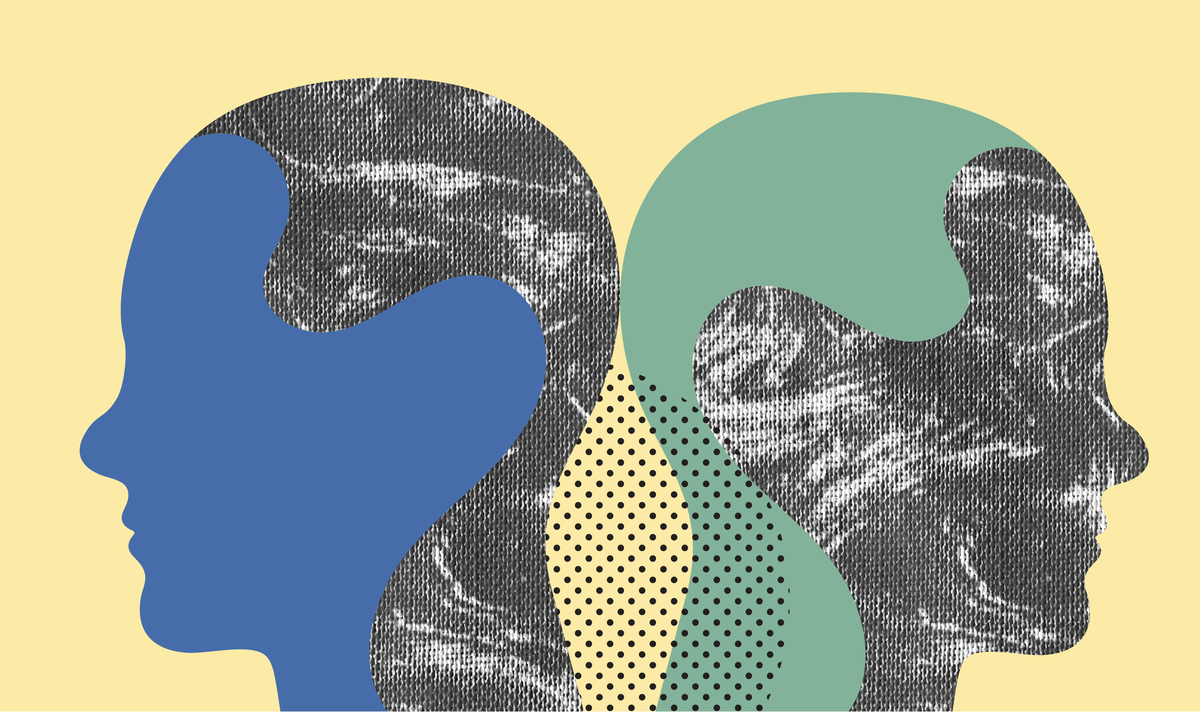Social media users debate whether autism or bipolar disorder could ‘cause bigotry’
Posts also highlighted Washington state bills that would prevent parents from accessing students’ medical and mental health records and disavowed ADHD medication.

Posts also highlighted Washington state bills that would prevent parents from accessing students’ medical and mental health records and disavowed ADHD medication.
This past week, posts discussed a well-known rapper’s statement that he had been misdiagnosed with bipolar disorder and instead has autism, and some debated whether a disability or mental health condition could have caused his history of offensive comments. Other posts highlighted two Washington state bills, with some expressing concerns that the bills would prevent parents from knowing that their children are receiving gender-affirming care. Plus, more posts renounced ADHD medication, a persistent trend in recent months.
In light of these conversations, communicators may share information about autism and bipolar disorder, explain when and why children may need gender-affirming care, and outline ADHD treatments.

Insights brought to you by the reporters and science writers of Public Good News (PGN), a nonprofit newsroom dedicated to improving community health.
What’s trending nationally in conversations about mental health
In a recent podcast interview, rapper Ye—formerly Kanye West—claimed that he had been diagnosed with autism after a misdiagnosis of bipolar disorder. Social media users across platforms reacted to Ye’s announcement and mentioned statements he has made in the past, such as his comment that slavery “sounds like a choice” and his anti-Semitic social media posts. An X post responding to Ye’s podcast interview read, “hey so in case you didn’t know, bipolar disorder and autism don’t cause bigotry.” The post received approximately 750,000 views, 72,000 likes, 11,000 reposts, and 130 comments as of February 12. Most comments debated whether bipolar disorder or autism could have fueled Ye’s previous statements. On Reddit, a post asking “what happened” to Ye received approximately 15,000 upvotes and 3,900 comments as of February 12. Comments debated whether Ye has bipolar disorder or autism and discussed the importance of taking medication for some mental health conditions.
Two recent bills introduced in Washington state would remove language from existing laws that allows parents to view their children’s school medical and mental health records. During a public hearing last month, supporters of the bill expressed concern that allowing parents to access those records could negatively impact LGBTQ+ students and students who seek reproductive and sexual health care. Social media posts discussed the bills across multiple platforms, with some receiving thousands of likes. A comment on a Facebook post about the bills accused its authors of “grooming children,” and an X post opposing the bills alleged that the bills will allow minors to seek gender-affirming care without parental consent.
On February 8 and 9, a political podcast host with a large social media following shared two Facebook posts claiming that ADHD medication is “Big Pharma’s biggest scandal” and that it is overprescribed to children. He recommended that parents reduce children’s screen time and enforce dietary changes and discipline to manage ADHD symptoms. Both posts received thousands of likes and comments. Some commenters shared how medication was the only treatment that helped their children manage ADHD symptoms, while others claimed that dietary changes improved their children’s focus and behavior.

Recommendations brought to you by the health communication experts behind Infodemiology.com.
Recommendations for public health professionals
Each week, the Infodemiology.com team will provide messaging recommendations in response to some of the trending narratives outlined above. These helpful tips can be used when creating content, updating web and FAQ pages, and developing strategy for messaging about mental health.
Conversations about autism and bipolar disorder provide an opportunity to explain how they are diagnosed. Messaging may explain that autism is a brain difference that impacts how people communicate and socialize, and some autistic individuals may require accommodations at school or work. Children can be diagnosed with autism by a primary care provider, although some may be referred to a specialist for further evaluation. Adults are typically evaluated for autism and diagnosed by a psychiatrist or psychologist. Adults who are interested in an autism assessment for themselves or their children should talk to their primary care provider about next steps. Find resources for autistic people and their families through the Autistic Self Advocacy Network.
Bipolar disorder is a mental health condition that can cause extreme mood swings and can be diagnosed by a psychiatrist or psychologist. It is typically treated with therapy and medication. Find resources for people with bipolar disorder and their families through the Depression and Bipolar Support Alliance. Sharing general mental health resources, such as therapist directories, support groups, local mental health centers, and the 988 Suicide & Crisis Lifeline, is also recommended.
Concerns about ADHD medication are ongoing. Messaging may share information about treatment options, including medications that are approved to treat ADHD in adults and children. Communicators may continue to stress that lifestyle changes work best when implemented alongside medication and therapy.
